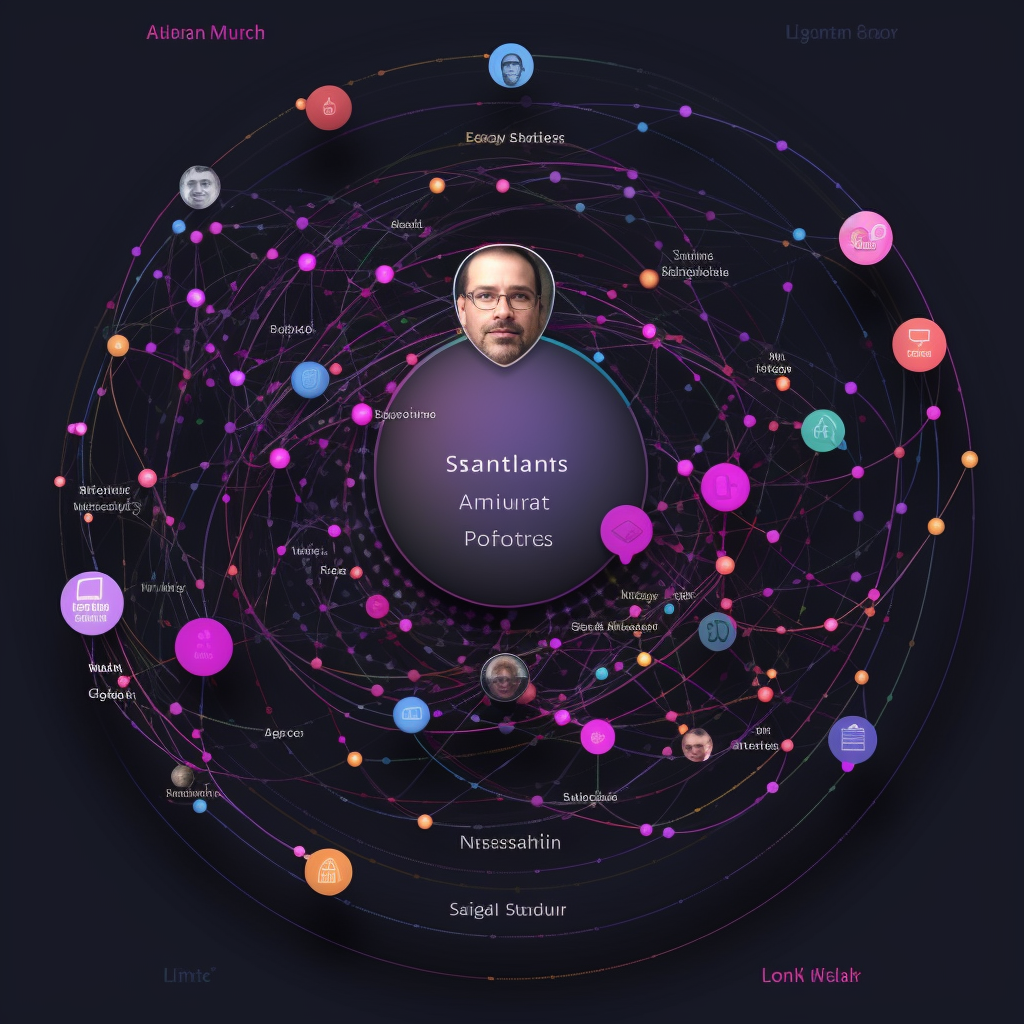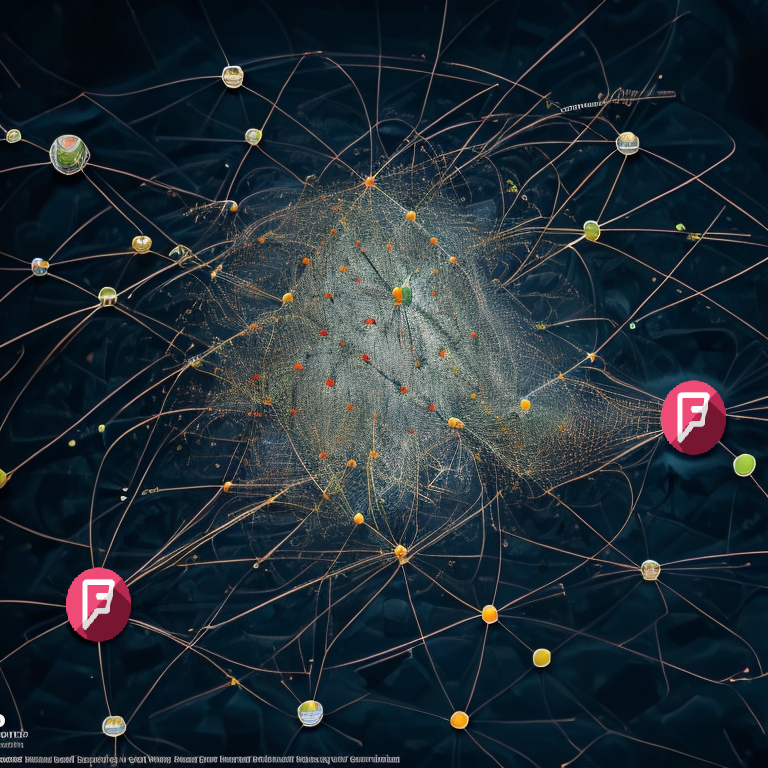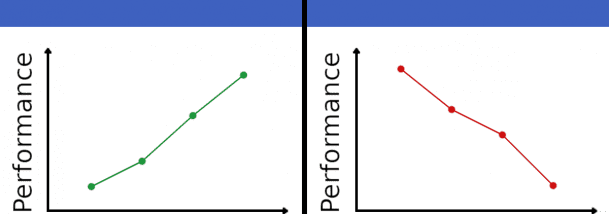Amazon Neptune introduces a new Analytics engine and the One Graph vision

Amazon Neptune, the managed graph database service by AWS, makes analytics faster and more agile while introducing a vision aiming to simplify graph databases. By George Anadiotis It’s not every day that you hear product leads questioning the utility of their own products. Brad Bebee, the general manager of Amazon Neptune, was all serious when he […]
Read More →AI Chips in 2024: NVIDIA, MLPerf benchmarks, Huang’s law, and competition

What we learned on AI Chips in 2024 by keeping track of NVIDIA’s latest announcements, talking to industry experts, and scanning news and analyses By George Anadiotis Exploring AI chips has been a pastime, as a well as a popular theme in Orchestrate all the Things articles. In 2023, we felt like we fell somewhat […]
Read More →Aerospike Graph: A new entry in the graph database market, aiming to tackle complex problems at scale

“Graph database growth is going strong through the Trough of Disillusionment.” And “Graph Analytics go big and real-time.” These were two of the headlines of the Spring 2023 update of the Year of the Graph newsletter. In combination, they seem like an appropriate summary of the reasoning behind a new entry in the graph database […]
Read More →LinkedIn’s feed evolution: more granular and powerful machine learning, humans still in the loop

LinkedIn’s feed has come a long way since the early days of assembling the machine learning infrastructure that powers it. Recently, a major update to this infrastructure was released. We caught up with the people behind it to discuss how the principle of being people-centric translates to technical terms and implementation. How do data and […]
Read More →Useful Sensors launches AI in a Box, aiming to establish a different paradigm for edge computing and TinyML

Would you leave a Google Staff Research Engineer role just because you want your TV to automatically pause when you get up to get a cup of tea? Actually, how is that even relevant, you might ask. Let’s see what Pete Warden, former Google Staff Research Engineer and now CEO and Founder of Useful Sensors, […]
Read More →Neo4j’s roadmap in 2023: Cloud, Graph Data Science, Large Language Models and Knowledge Graphs

Neo4j recently announced new product features in collaboration with Google, as well as a new Chief Product Officer coming from Google: Sudhir Hasbe. We caught up to discuss what the future holds for Neo4j as well as the broader graph database space. Sudhir Hasbe began his career as an engineer, but quickly transitioned into product […]
Read More →Redpanda’s “power to the data engineer” strategy lands a $100M Series C funding round

In an era of dried-up funding and Data Lakehouse vendor supremacy, Redpanda is going against the grain. The company just secured a $100 million Series C funding round to execute on an unconventional strategy. Redpanda Founder and CEO Alex Gallego shares how things work for the company. Back in early 2022, a $50 million Series […]
Read More →Return of the Graph: Geospatial Knowledge Graphs, Personal Knowledge Graphs, and Evolution. The Year of the Graph Newsletter Vol. 24, Spring 2023

New types of graphs, and a new era for the Year of the Graph Newsletter The Year of the Graph Newsletter, keeping track of all things Graph year over year, is back after a long hiatus. Read on to learn more about how the evolution of the newsletter follows the evolution of the domain and […]
Read More →Foursquare moves to the future with a Geospatial Knowledge Graph

From a consumer-oriented application, Foursquare has evolved to a data and product provider for enterprises. The next steps in its evolution will be powered by the Foursquare Graph. Welcome to Orchestrate all the Things, a newsletter with stories about Tech, Data, AI and Media and how they flow into each other shaping our lives. If […]
Read More →Scaling laws for AI Large Language Models and the inverse scaling hypothesis

What are the scaling laws for AI Large Language Models and the inverse scaling hypothesis? How is that related to the Dunning-Kruger effect? The last couple of years have been an AI model arms race involving a number of players from industry and research. Google, DeepMind, Meta, Microsoft, in collaboration with both OpenAI and Nvidia are […]
Read More →